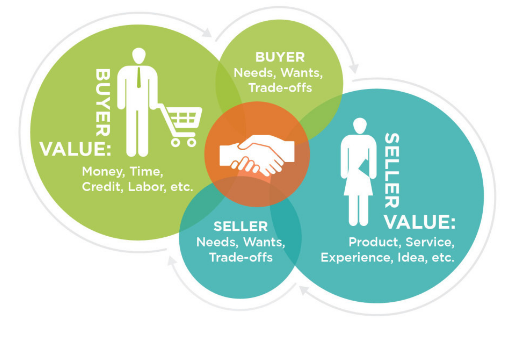Garment factories can choose a suitable courier for buyers by following these steps:
Understand Buyer Requirements
Delivery Time: Determine if the buyer needs expedited shipping for urgent orders or if standard delivery times are acceptable. For example, if a buyer has an event and requires T-shirts to be delivered within 2-3 days, a courier offering express or next-day delivery services like FedEx or DHL would be more suitable.
Destination: Consider the delivery location. If it’s a domestic address, local or regional couriers may be sufficient and more cost-effective. For international destinations, couriers with a wide global network and experience in handling customs clearance, such as UPS or EMS, might be preferred.
Package Handling: Find out if the buyer has any specific requirements regarding package handling, such as fragile or high-value items that need extra care. Some couriers offer specialized handling services for such cases.

Evaluate Courier Services
Delivery Speed and Reliability:
Look at the average delivery times of different couriers. For example, SF Express is known for its relatively fast domestic delivery, often able to deliver within 1-2 days in many areas.
Check customer reviews and ratings to assess the reliability of couriers. A courier with a high percentage of on-time deliveries and positive feedback is more likely to meet the buyer’s expectations.
Coverage Area:
Ensure the courier has extensive coverage to reach the buyer’s destination. Major couriers like YTO Express, ZTO Express, and STO Express have wide domestic networks, while DHL and FedEx have strong international coverage.
Consider regional strengths. Some local couriers may have better reach and service in specific areas, which can be beneficial for deliveries to those regions.
Price:
Compare the shipping costs of different couriers. For small orders, a less expensive courier like Yunda Express or Cainiao Network may be a good option. However, for larger or more urgent orders, the additional cost of a faster or more reliable courier like SF Express or DHL may be justified.
Be aware of any additional fees, such as fuel surcharges, handling fees, or surcharges for oversized or overweight packages, to get an accurate estimate of the total cost.
Package Protection:
Inquire about the couriers’ packaging standards and procedures. Couriers like SF Express often use high-quality packaging materials and have strict handling processes to ensure the safety of goods during transit.
Check if the courier offers insurance or compensation for lost or damaged packages. A courier with a comprehensive insurance policy can provide added peace of mind for both the garment factory and the buyer.

Consider Special Services and Features
Tracking and Notification: Choose a courier that provides real-time package tracking and delivery notifications. This allows the buyer to stay informed about the status of their order, enhancing the overall shopping experience. Most major couriers offer online tracking systems and SMS or email notifications.
Customs Clearance: For international shipments, a courier with expertise in customs clearance can help avoid delays. DHL and FedEx, for example, have dedicated customs teams and processes to ensure smooth clearance of goods through customs.
Value-added Services: Some couriers offer additional services such as same-day delivery, Saturday delivery, or delivery to a specific location or time slot. If the buyer requests such services, select a courier that can accommodate these requirements.

Test and Monitor
Trial Shipments: Conduct trial shipments with different couriers to evaluate their actual performance. This can help identify any potential issues or areas for improvement before making a final decision.
Regular Monitoring: Continuously monitor the performance of the chosen courier, including delivery times, package condition, and customer feedback. If problems arise, be prepared to switch to an alternative courier to maintain customer satisfaction.
Build a Relationship
Negotiate Rates: Establish a good relationship with the courier and negotiate favorable shipping rates based on your shipping volume. This can help reduce costs and improve the competitiveness of your garment business.
Communication and Support: Choose a courier that provides excellent communication and customer support. In case of any issues or inquiries, prompt and effective communication can help resolve problems quickly and maintain a good relationship with the buyer.


